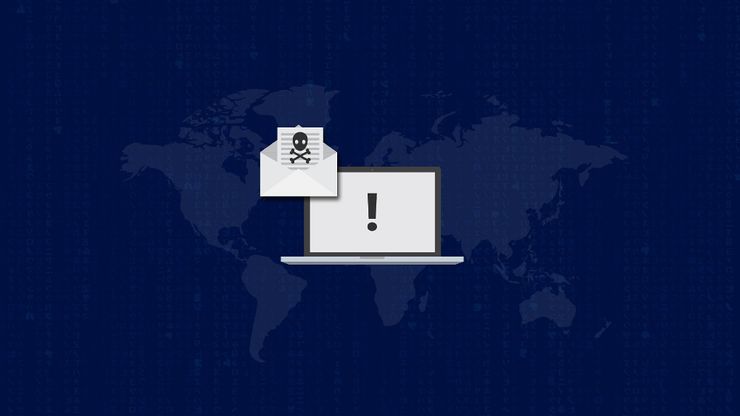

Monday’s revelation that a bad actor appeared to remotely access and change the chemistry at a Florida water treatment facility is one more reminder of just how dire the nation’s cybersecurity challenge is. As long as the tools are available, vulnerabilities exist, money and secrets are to be had, and a lack of meaningful consequences persist, there will be malicious cyber actorsĬomplicating matters, we make it far too easy for the bad guys. Criminal gangs are busted, go dark or give up the life of crime. All of this creates an ever-shifting landscape of behavior that is ultimately detrimental to the stability of the internet. And in other cases, non-state cyber actors operate with the tacit approval of the home state, if the actors do not target their own domestic organizations - in other words, “anyone but us.” New actors enter and leave the playing field daily. Agencies reorganize, break up and consolidate. Conversely, state actors sometimes moonlight as cybercriminals after-hours to earn additional income. The bulk of the malicious cyber activity targeting the United States emanates from four countries - Russia, China, Iran and North Korea.Įven in those countries, the difference between state action and criminal activity increasingly is blurred, as contracted or proxy cyber actors support or act on behalf of state-directed operations. The cyber threat landscape is more complicated than ever, with foreign governments and criminal gangs alike building capabilities that enable everything from run-of-the-mill cybercrime, information operations, intellectual property theft, destructive attacks and operations with kinetic effects. Leading the CISA and its predecessor organization for the last four years helped to shape my view of the various cyber actors looking to compromise our nation’s digital infrastructure. government and private sector systems that resulted in compromises at multiple federal agencies and at private companies.

Stamos group ransomwhere software#
Although I am testifying in my personal capacity, my new venture, Krebs Stamos Group, now represents SolarWinds, the company whose software was hijacked by Russian government cyberspies as a part of a broad campaign targeting U.S. Cybersecurity and Infrastructure Security Agency (CISA) from November 2018 to November 2020. The committee is holding a timely hearing on cyber threats to American businesses and government agencies and what we can do to improve our collective security and resilience. On Wednesday, I return to Capitol Hill, at least virtually, to testify in front of Congress, this time in front of the House of Representatives Committee on Homeland Security.


 0 kommentar(er)
0 kommentar(er)
